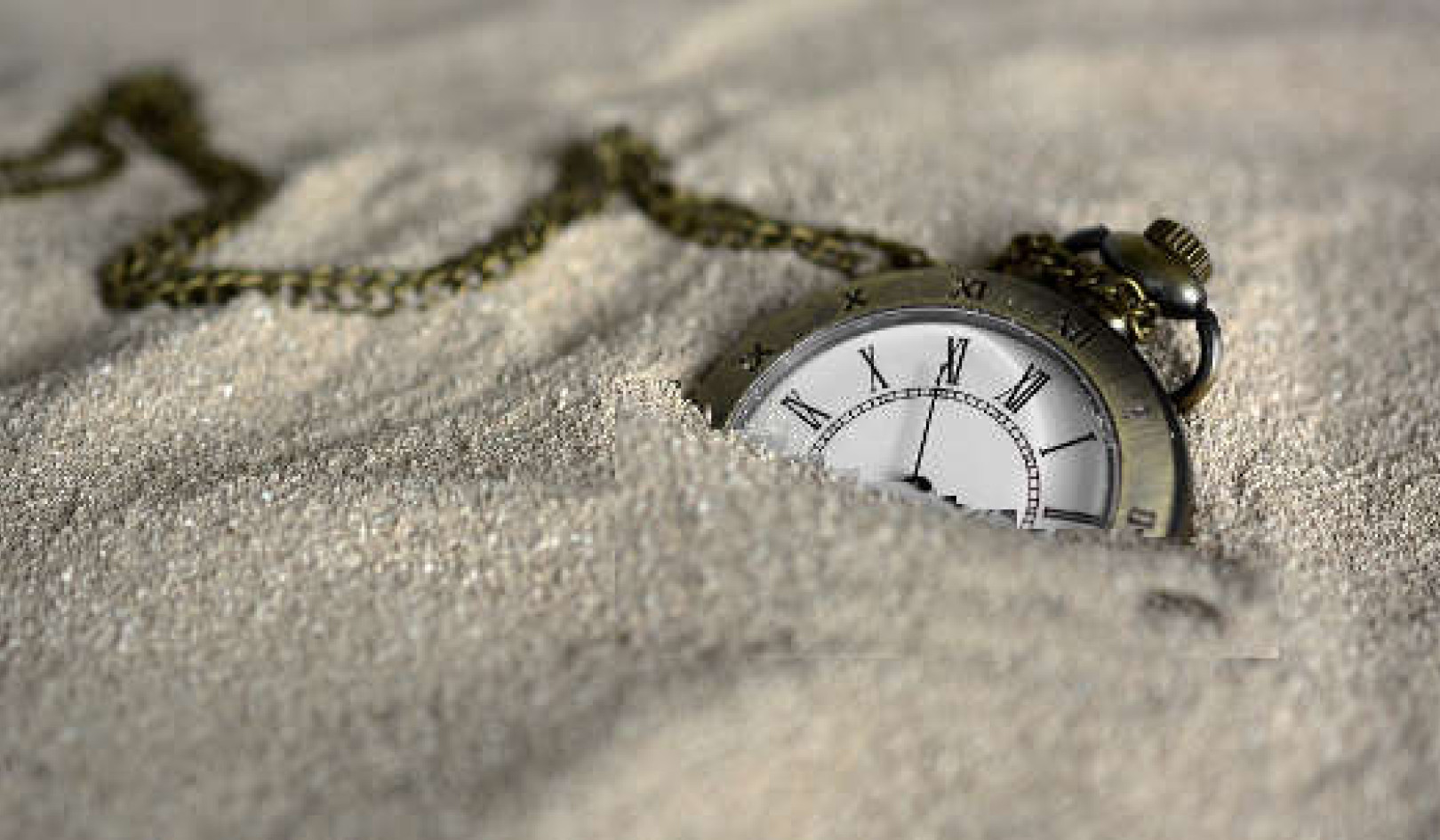Medical astrology requires a different approach to counseling than natal astrology. The medical astrologer is usually not a licensed medical practitioner, such as an M.D., N.D., D.C. or D.O., since most medical astrologers evolve out of the field. This in itself is not good or bad, but becomes a critical point to clients who come to the medical astrologer seeking health-oriented advice.
Medical astrologers are rare, and most people don't even know we exist. Those who do seek us out are generally one of three types:
-
Either they are chronically ill, have made the "rounds" of the accepted medical establishment, and have found no relief from their problems;
-
they are health-oriented individuals who wish to maintain good health and are seeking advice to accomplish this; or
-
they have been abused by the accepted medical establishment and refuse to ever seek advice from such practitioners again.
Two out of the three types pose serious problems for the medical astrologer -- the chronically ill individual who is desperate and the one who has literally come to hate the accepted medical establishment.
The chronically ill person is usually at the end of his/her rope, emotionally, mentally, and financially, as well as physically. Despairing, s/he is willing to seek any kind of alternative treatment, which makes him/her particularly vulnerable and willing to accept anything the medical astrologer says.
Those who have developed disgust or even hatred of standard medical practices are apt to be better educated about themselves, their bodies, and their problems than the other types. This person is ready to accept responsibility for his/her health, realizing that the doctor or health practitioner is really (and only) a part of the "team" to get him/her on the road to health. This individual takes part in the dialogue regarding his/her health problem, wanting questions answered in a straightforward manner, not wishing to hear "medicalese" -- a hodgepodge of medical words that make no sense at all to the layperson. S/he also expects to be consulted and respected for personal opinions about his/her body.
Just because an astrologer may be able to look at a natal chart and glean health information from it, doesn't necessarily make one a medical astrologer. What does qualify one to have such a label? A medical astrologer is a person who's serious about undertaking a medical astrological practice, and has accepted the most complex type of challenge offered in astrology. One must not only be a top-notch astrologer, but should have an extensive background in nutrition/diet, a thorough understanding of physiology and anatomy, and be prepared to become a clearinghouse of health information.
In no other astrological field does one's knowledge (or lack of it) have such a direct and immediate effect on an individual. This is a complex area, one demanding a number of disciplines, and it is most difficult in terms of potential problems with the AMA and federal government. This is not a field for the faint of heart or the foolhardy. It is a field for a dedicated healer who happens to employ astrology as a focus or mandala to help those who seek assistance in getting well.
Astrologically, we recognize that the human being is holistic, that all parts make up the whole. We are who we are because of our conditioning, our parents, our society, an amalgam of mental attitudes that were molded and shaped since birth, emotions that went through the same fires of experience, plus a spiritual counterpart that tries to bring through only the finest and most positive energy. All of these things affect the physical body, the fourth and last component of the holistic concept. Most medical astrologers are holistic in their approach to health because we include the spiritual, the mental, the emotional, as well as the physical of the person who seeks our counsel.
Recently, the allopathic medical establishment in the U.S. has had to come to grips with this concept. Let me define allopathy: It is a system of treating disease by producing conditions different from or incompatible with the effect of the disease. In other words, if a person has a fever, an allopathic doctor treats it with an anti-fever drug such as aspirin, which is known to reduce fever. If one has an infection, the allopath treats it with an antibiotic (infection drug), such as penicillin. Allopathy accounts for 95 per cent of the medical practice in the U.S. The doctors who use it are taught to zero in on a specific symptom and eradicate it with the use of large doses of a drug(s). The side effects, as many people are now coming to realize, can be horrendous.
The type of medicine practiced in 75 per cent of the rest of the world is homeopathy. It is a system of medicine that prescribes minute doses of such medicine as would produce in a healthy person the symptoms of the diseases treated. In other words, like cures like. A homeopathic doctor, first of all, is holistic, recognizing from the outset that the human being is a combination of spiritual, mental, emotional, and physical formation. Secondly, the patient is a part of the healing procedure and plays a powerful and responsible part in his/her own healing process. Lastly, homeopathy, unlike allopathy, cures and heals. It has no adverse side effects, nor will it suppress the illness, as does allopathic treatment.
For example, following allopathic philosophy, if you have a headache the doctor prescribes aspirin to suppress the pain. The aspirin doesn't heal or cure the cause or the headache. Two or three hours later after the first dose of aspirin, the headache may come back, proving that all this drug does is suppress the symptoms, but it doesn't cure the problem.
On the other hand, if you went to a homeopathic doctor, s/he would ignore your label of "headache" and ask you questions about your spiritual, mental, emotional, and physical state, gathering a vast amount of extra information from which an assessment could be made of what is needed to cure and heal your headache. In homeopathy there is no describing and defining a particular disease because it is made up of many symptoms. These symptoms will be found in a Materia Medics that has 2,000 remedies from the Homeopathic Pharmacopeia. The doctor then gives you a minute dose of a potent remedy. Your headache goes away, but this time it is healed and cured, not suppressed.
The proper medical astrologer is holistic, just like the homeopath. In my opinion, homeopathy is a much healthier way of approaching a client's illness. Happily, there are homeopathic doctors (M.D.'s, N.D.'s, D.C.'s, D.O.'s) here in the U.S. As a responsible medical astrologer, you can recommend to your client the National Center for Homeopathy, 801 N. Fairfax St., Suite 306, Alexandria, VA 22314. They offer a directory available for purchase which lists homeopathic practitioners by area (also online at http://homeopathic.org)
As a medical astrologer, the goal is not to prescribe for the client (which is against the law) but rather to become a clearing-house of information, in addition to educating a client about possible choices. A medical counselor can become the hub of a wheel, educating him/herself in many systems of medicine, and approaches to healing, that are available to clients.
It is very important not to misrepresent what you are and what you do. When a client accepts you as a medical astrologer, it is not the same as if s/he accepts you as his/her "doctor". Nothing could be further from the truth. In essence, you are a healer using the tool of astrology as a focus on health-related problems. Your responsibility is to send this individual (after informing him/her of the many choices s/he has) in a direction s/he has chosen and is comfortable with to seek competent medical help.
A medical astrologer does not tell a client to take a vitamin, mineral, herb, homeopathic remedy, or anything else. The medical astrologer educates the client about these things, then leaves the responsibility of choice up to the person. One's health is one's own responsibility. Gradually, people in this country are coming to view and accept this vital concept. Your health is your responsibility.
It is your right to ask questions of your health practitioner about his/her diagnoses, what s/he is prescribing, what it will do, if there are any side effects, etc. A medical astrologer makes the client aware and allow him/her to make a choice. We all know our own health and sickness feelings best. The client is capable of knowing which tool is best for him/her. The medical astrologer does not.
 Article written by the author of:
Article written by the author of:
Homeopathy 911: What To Do In An Emergency Before Help Arrives
by Eileen Nauman.
Click here for more info and/or to order this book
About The Author
 Eileen Nauman has been a practicing homeopath since 1970, and medical astrologer since 1974. She is an international speaker on many alternative medicine topics, including homeopathy and astrology, as well as flower and gem essences and a Native American healing technique known as Soul Recovery and Extraction. She is a registered EMT-B in the state of Arizona. Author of three books on Homeopathy and Medical Astrology, she continues to work in the alternative medicine field. She may be contacted at her website: www.medicinegarden.com
Eileen Nauman has been a practicing homeopath since 1970, and medical astrologer since 1974. She is an international speaker on many alternative medicine topics, including homeopathy and astrology, as well as flower and gem essences and a Native American healing technique known as Soul Recovery and Extraction. She is a registered EMT-B in the state of Arizona. Author of three books on Homeopathy and Medical Astrology, she continues to work in the alternative medicine field. She may be contacted at her website: www.medicinegarden.com






















